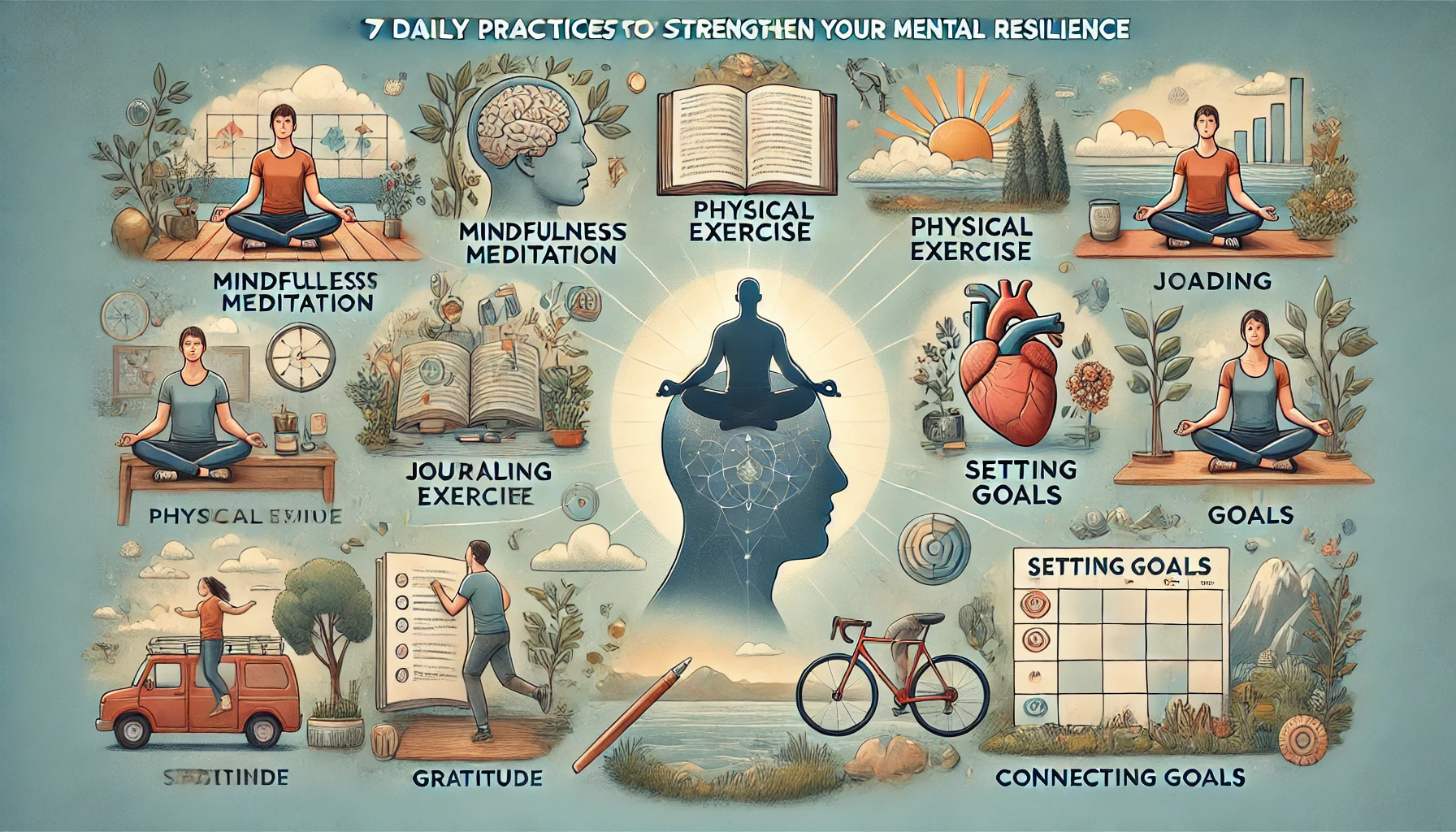Criticism is inevitable. Whether in your personal life, career, or creative pursuits, receiving feedback—both constructive and negative—is part of growth. The difference between people who thrive and those who struggle lies in how they handle criticism.
Instead of letting criticism destroy your confidence, you can train your mind to process feedback constructively, protect your self-esteem, and use criticism as a tool for improvement. The key is learning to control emotional reactions, extract value from feedback, and maintain resilience in the face of judgment.
This article explores the psychology behind criticism, how your brain reacts to it, and practical strategies to handle criticism while staying confident and motivated.
1. Why Criticism Feels So Personal (And How to Reframe It)
Criticism activates the amygdala (the brain’s emotional center), triggering a fight-or-flight response. This reaction is natural because humans are wired to seek social approval and avoid rejection.
How the Brain Processes Criticism
| Brain Region | Role in Handling Criticism | Effect of Negative Feedback |
|---|---|---|
| Amygdala | Processes emotions, triggers fight-or-flight response | Can cause defensiveness, anxiety, or anger |
| Prefrontal Cortex | Controls rational thinking and self-awareness | Helps assess whether feedback is useful or not |
| Hippocampus | Stores past experiences and emotional responses | Can recall past criticism, making new feedback feel worse |
Criticism feels painful because it challenges our identity, self-worth, or abilities. However, when handled correctly, it can become a valuable tool for personal and professional growth.
📌 Example: Studies show that highly successful people actively seek constructive criticism because they know it’s essential for progress.
2. Types of Criticism and How to Respond to Each
Not all criticism is the same. Learning to distinguish helpful feedback from harmful criticism is crucial for protecting your confidence.
✅ a) Constructive Criticism (Growth-Oriented Feedback)
This type of feedback aims to help you improve and usually comes with specific suggestions. It may feel uncomfortable, but it’s valuable for growth.
How to Respond:
- Pause before reacting emotionally.
- Thank the person for their insight.
- Analyze the feedback objectively—Is there truth in it? Can it help you improve?
- Take action on useful suggestions while ignoring irrelevant parts.
📌 Example: A coach telling an athlete to improve their technique is constructive because it helps them perform better.
✅ b) Destructive Criticism (Unhelpful or Personal Attacks)
This type of criticism offers no constructive advice and is often meant to insult or tear someone down.
How to Respond:
- Remain calm and don’t engage emotionally.
- Recognize that destructive criticism says more about the critic than about you.
- Ignore or distance yourself from people who constantly criticize without offering solutions.
- Use self-affirmation to reinforce your confidence.
📌 Example: A social media troll mocking someone’s appearance isn’t helpful feedback and should be ignored rather than internalized.
✅ c) Self-Criticism (Your Inner Voice)
Often, the most damaging criticism comes from your own thoughts. If left unchecked, self-criticism can erode confidence and create fear of failure.
How to Respond:
- Challenge negative thoughts by asking, “Would I say this to a friend?”
- Reframe mistakes as learning opportunities.
- Practice self-compassion by recognizing effort over perfection.
📌 Example: Instead of saying, “I’m terrible at this,” shift to “I’m still learning, and I can improve with practice.”
3. How to Protect Your Confidence While Handling Criticism
✅ a) Separate Your Self-Worth from the Feedback
Criticism doesn’t define who you are—it’s an opinion on a specific action, not your entire identity.
How to Apply It:
- Detach emotionally—see criticism as an outside perspective, not an attack on your worth.
- Use the “Criticism Filter”—ask, “Is this about me as a person, or is it about something I did?”
- Focus on strengths—remind yourself of past successes to balance critical feedback.
📌 Example: An author receiving negative book reviews shouldn’t see it as a personal failure—one book doesn’t define their writing ability.
✅ b) Reframe Criticism as a Learning Opportunity
Instead of dreading criticism, see it as free coaching that can help you improve.
How to Apply It:
- Replace defensive thinking with curiosity—ask, “What can I learn from this?”
- Use feedback to refine your skills—treat it like data, not judgment.
- Thank the person giving constructive criticism—it shows confidence and emotional maturity.
📌 Example: Businesses use customer complaints to improve their products, rather than seeing them as failures.
✅ c) Develop an “Inner Confidence Shield”
Confidence comes from internal validation rather than external approval. When you build an internal confidence shield, criticism won’t shake your belief in yourself.
How to Apply It:
- Remind yourself of past successes.
- Use positive affirmations—repeat, “I learn from feedback, but it doesn’t define me.”
- Keep a Success Journal—write down daily wins to reinforce self-belief.
📌 Example: Elon Musk receives constant criticism, but he stays focused on innovation rather than letting negativity affect his confidence.
✅ d) Control Your Emotional Response with Breathing Techniques
When criticism triggers emotional reactions, breathing techniques help reset the nervous system.
How to Apply It:
- Use Box Breathing—inhale for 4 seconds, hold for 4, exhale for 4, hold for 4.
- Take a 5-second pause before responding to criticism.
- Practice relaxation techniques daily to reduce emotional reactivity.
📌 Example: Public figures use deep breathing before interviews to stay calm when facing tough questions.
4. Long-Term Strategies for Handling Criticism with Confidence
✅ Seek Constructive Feedback Regularly – The more you expose yourself to feedback, the easier it gets to handle.
✅ Surround Yourself with Supportive People – Confidence grows when you’re around those who uplift rather than tear down.
✅ Develop a Growth Mindset – See criticism as part of the learning process rather than a personal attack.
✅ Limit Exposure to Toxic Critics – Don’t waste energy on people who criticize without adding value.
📌 Example: Research shows that people who regularly seek feedback improve faster and experience less fear of criticism over time.
Final Thought: Criticism Doesn’t Define You—It’s Just Feedback
Criticism is a normal part of life, but it doesn’t have to shake your confidence. By filtering useful feedback, ignoring toxic criticism, and developing self-belief, you can stay strong, learn from mistakes, and continue growing.
✅ Detach your self-worth from criticism—feedback is about actions, not identity.
✅ Reframe criticism as an opportunity to improve, not a personal attack.
✅ Build mental resilience through breathing, self-talk, and success tracking.
Start today: The next time you receive criticism, pause, analyze it objectively, and decide whether to apply or ignore it—your confidence will grow with every challenge! 🚀












Leave a Reply